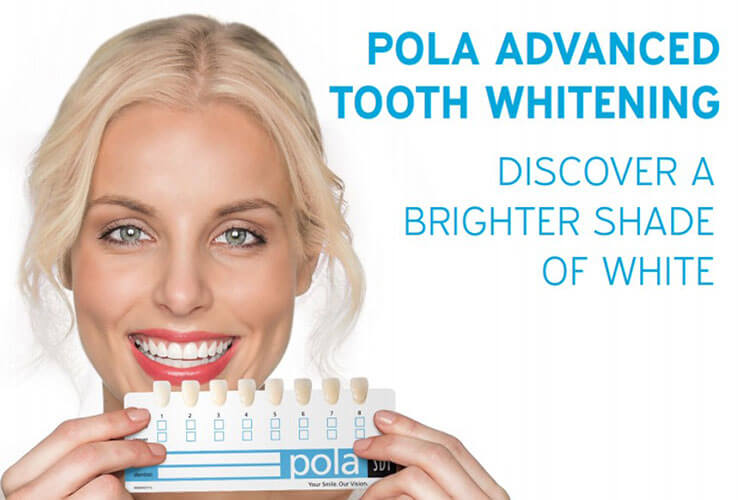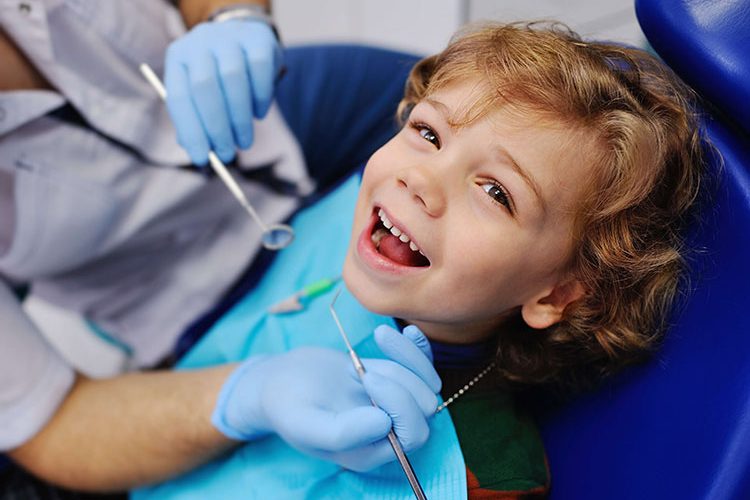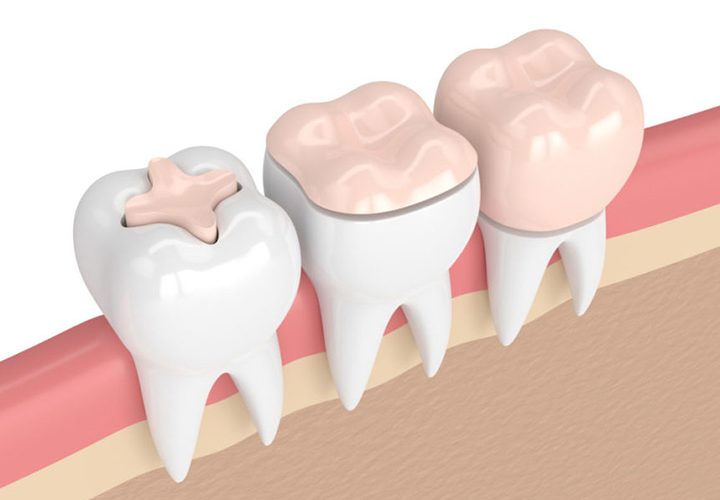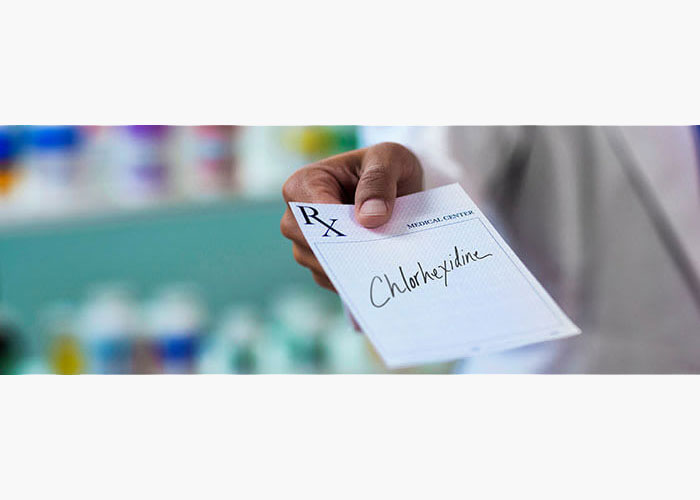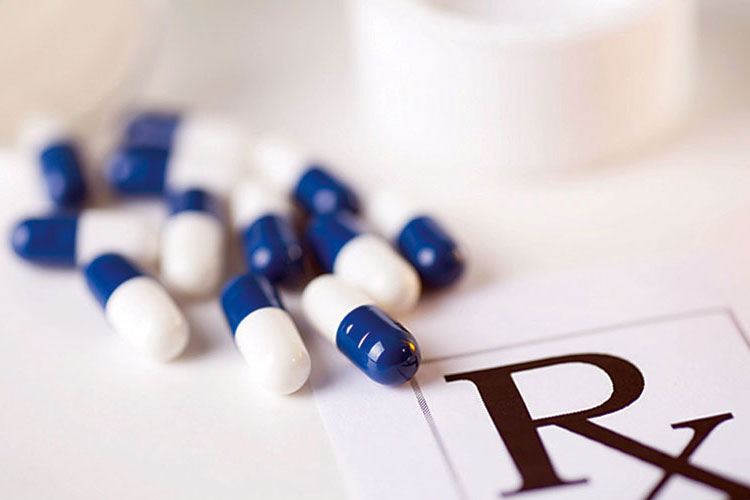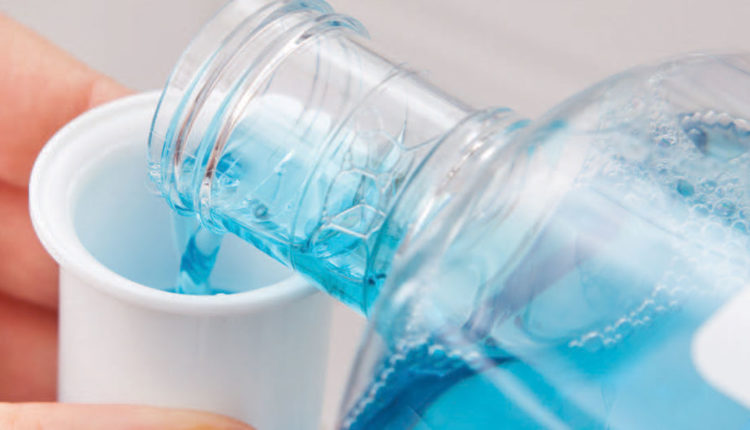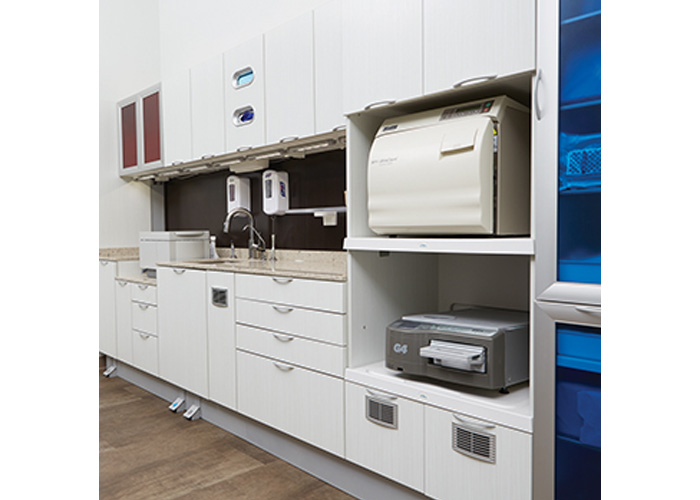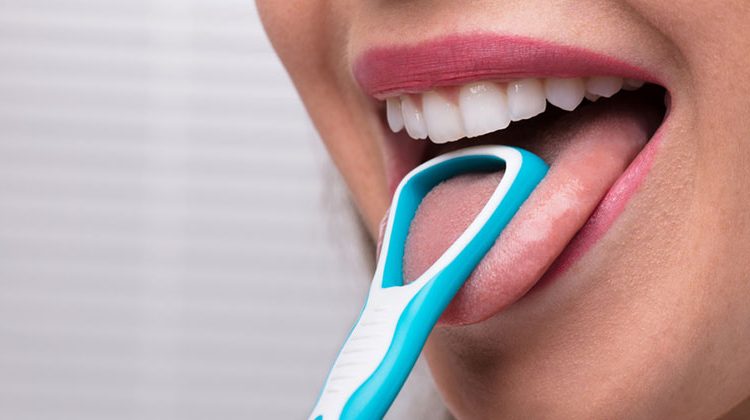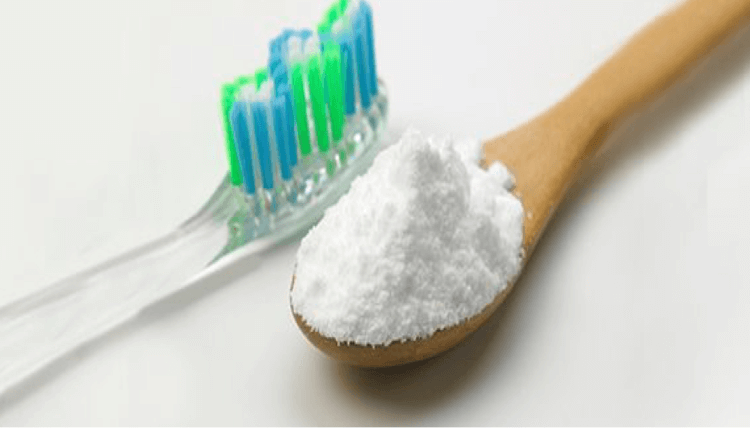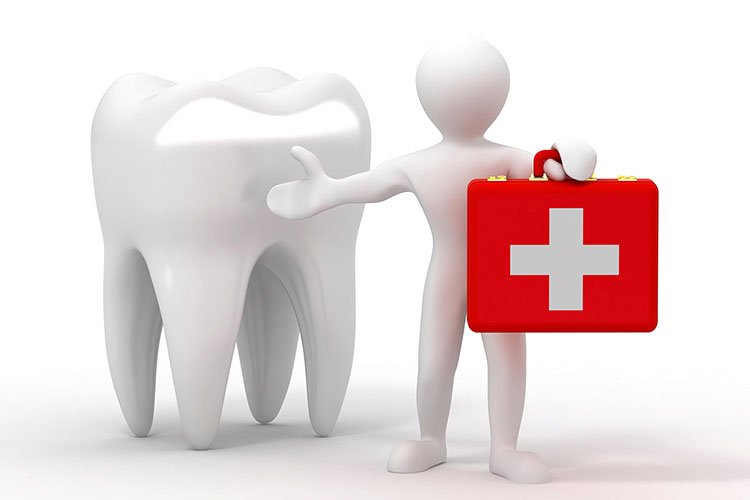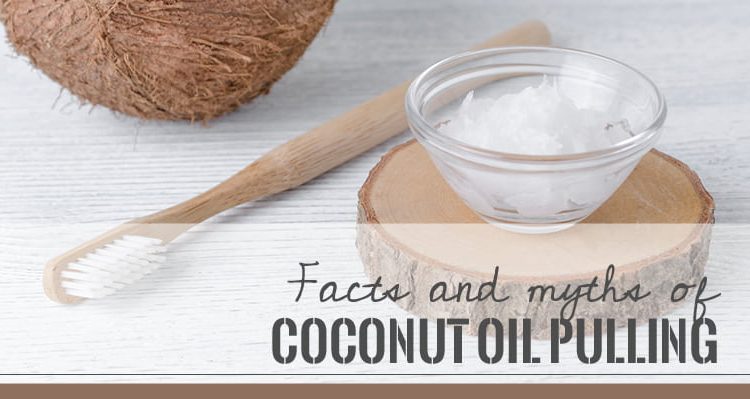Recently, we released our blog on the most commonly asked questions about tooth bleaching. The response was phenomenal. Therefore we have compiled additional answers to the most popular inquiries about tooth bleaching. Here they are!: What is St. Lawrence Dentistry’s “best-kept secret” regarding teeth bleaching? One of the most underutilized and underappreciated formulations is 10%
read more
A beautiful smile is magnetic. So many of our patients at St. Lawrence Dentistry rejuvenate their teeth with the Pola Teeth Bleaching System. Below we have compiled the answers to some of the most commonly asked questions our Mississauga Dental Office gets asked. Can my teeth get too white?, I don’t want them to look
read more
Maintaining children’s teeth is a focus area of St. Lawrence Dentistry. In heavily decayed children’s teeth, sometimes it is necessary to treat the tooth pulp. The tooth pulp is the middle portion of a tooth composed of connective, vascular, and lymphatic tissues. If this gets infected, it may become painful and need “pulp” therapy to
read more
St. Lawrence Dentistry is pleased to offer the latest advances in minimally invasive dentistry. Biomimetic Dentistry is the attempt of dentistry to mimic the biological and elastic properties of a natural tooth. Traditionally dental crowns are constructed to go below the gum line to restore deep dental decay. However, deep dental crowns can cause bone
read more
Chlorhexidine (aka chlorhexidine gluconate) is antiseptic. It’s used at St. Lawrence Dentistry and as a take-home rinse by many of our valued patients. It can also treat yeast contaminations of the mouth and is helpful against a range of microbes. It came into clinical use in the 1950s and is obtainable by prescription in Canada.
read more
St. Lawrence Dentistry performs dental procedures gently and conservatively. We make every effort to minimize the use of pain medications. However, sometimes they are indicated, and they can be very effective. Pain medications have changed markedly in the past decades in that “codeine” has been replaced with Ibuprofen as the chief pain analgesic agent at
read more
A Mouthwash is a liquid that is swished throughout the mouth or gargled. Customarily, mouthwashes are antibacterial liquids designed to decrease the bacterial count in the mouth. However, Dr. Hawryluk prescribes them additional purposes such as their analgesic, anti-inflammatory, anti-fungal action, or to counterbalance mouth dryness. Lastly, cosmetic mouth rinses tentatively control or diminish bad
read more
There is nothing more essential to patient welfare than sterilization. One component of St. Lawrence Dentistry’s sterility protocols is the use of chemical indicators. They are an accurate, powerful visible signal to health care professionals which confirms profound sterilization. Chemical indicators are a critical element in the sterilization of dental tools. When used in combination
read more
A tongue cleaner (also termed a tongue scraper or tongue brush) is an oral health tool intended to clean the film on the tongue’s top surface. The wide surface area and lingual papilla are anatomical characteristics of the tongue that lead to “coat” formation on its surface comprising of microbes, food, saliva, and “necrotic epithelial
read more
In Mississauga, we have many brands of toothpaste available to us. However, at St. Lawrence Dentistry, some of our valued dental patients inquire about the value of toothpaste alternatives. Baking soda or “sodium bicarbonate”, is a fine, white powder with many home uses. It has a somewhat salty, alkaline flavor. Its natural form is nahcolite
read more
St. Lawrence Dentistry recognizes the link between oral and total body health. Therefore, we make concerted efforts to treat periodontal disease (gum disease). About 67% of North American adults have some form of periodontitis (gum disease). Studies have shown the prevalence in Europe, and Asia is comparable. The biofilm (film of bacteria) in the mouth
read more
Oil pulling is a practice in which dietary oil is whizzed around one’s mouth and then spit out. Unfortunately, there is a lack of proof to confirm the claims made for the advantages of oil pulling. As such, Dr. Hawryluk does not recommend you rely on this method for oral hygiene maintenance. Oil pulling involves
read more




